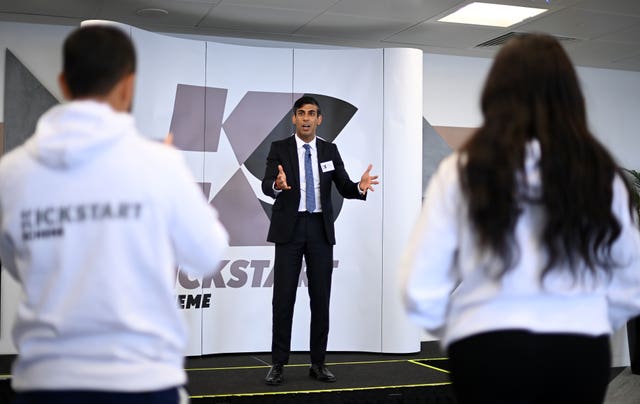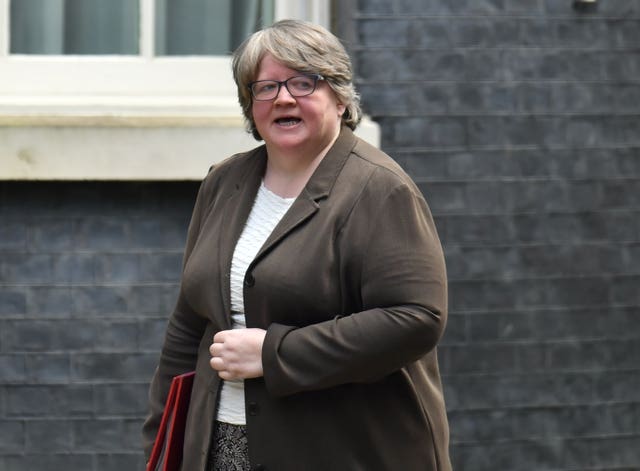A £2 billion Government job scheme launched five months ago has seen fewer than 2,000 young people start in their new roles.
It comes as the ‘Test and Trace’ system, which has been heavily criticised after a series of high-profile failures, cost could rise to 22 billion pounds.
The government said in its COVID-19 winter plan that, “This strategy is backed by an additional 7 billion pounds for NHS (National Health Service) Test and Trace to increase testing and continue to improve contact tracing, taking the overall funding provided for Test and Trace this financial year to 22 billion pounds.”
The Kickstart programme was launched in September to support firms to offer six-month work placements for 16 to 24-year-olds who are in receipt of Universal Credit and at risk of long-term unemployment.
While more than 120,000 jobs have been created, just 1,868 people have started their placements in the UK as of January 15, the Department for Work and Pensions (DWP) confirmed.

Work and Pensions Secretary Therese Coffey said the impact of coronavirus was partly to blame for the delay in those beginning their new roles.
Coffey claimed “I think it’s been actually a huge success.”
She told LBC: “We need a COVID secure environment for young people to be working in but it’s also the training that goes with this and getting ready for the next run of the ladder. Those sorts of things, I understand why employers may not be ready yet to get the young people on that journey.”
Expressions of interest
Asked why the figure was so low, Ms Coffey told Times Radio on Monday: “The scheme only started in September for expressions of interest. We actually got our first kickstarters away in November.
“But I would suggest there was a combination of factors. The impact of Covid means that elements of job training to start were probably hindered, as well as the run-up to Christmas.”
In a separate statement, she said it was the Government’s “ambition” that by the end of 2021 some 250,000 young people will join the programme and begin their placements.

Meanwhile, the DWP announced that from February 3 businesses will no longer be required to create a minimum of 30 jobs in order to apply for the scheme.
It is hoped that the move will encourage more firms to sign-up.
There have been huge swathes of job losses since the start of the coronavirus pandemic, with Government figures showing the number of people claiming unemployment-related benefits increased by 282,000 between March and November last year.
Fight virus
A DWP spokesperson said: “We know that this is a challenging time for many businesses and workers as we continue the fight against the virus.
“Many young people have been able to safely start their placement and we are confident that this will ramp when we reopen our economy and build back better.”
Chancellor Rishi Sunak said: “Young people are among the hardest hit in times like these, which is why we’re doing everything we can to ensure they’re not left without hope and opportunity. The Kickstart scheme is central to this.
“With £2 billion available and no limit on the number of places, it’s now easier than ever for businesses across Great Britain to take part.”
Related: Sunak ‘wrong time and again’ due to ‘false choice’ between protecting public health and economy

